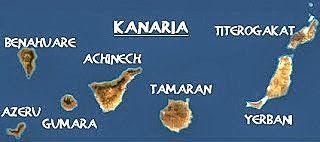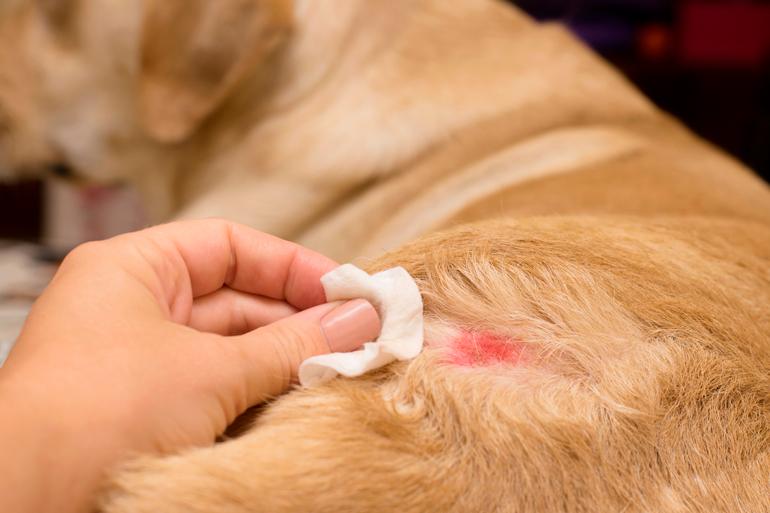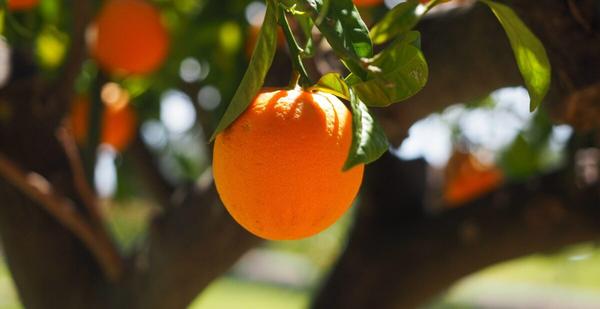Guanche names no longer set trends
Aday, Yurena, Xiomara, Aythami or Ayose became fashionable during those years and dominated the lists of schools when the little ones reached school age. But that initial effervescence soon faded and they stopped setting trends. In subsequent decades, democratic and autonomous normalization, immersion in a globalized world and the imposition of fashions from the media opened up the range of possibilities. Now the new canaries respond to names that, the more original, the better.
"With democracy, nationalist demands came to light, which is why there is a peak of aboriginal names in its first years of existence," says sociologist Armando Peña. The National Institute of Statistics (INE) reflects that the 1980s was the period in which Guanche names were used the most. For boys, the favourite, after David and Daniel, was Yeray since 1,649 newborns in those years received that name; 809 for the province of Las Palmas and 631 for Santa Cruz de Tenerife. For girls, the preferred name was Yurena, becoming the most used name in the western province (925) and the second in the eastern (724). Together with them, Jonay, Rayco, Guacimara, Yaiza and Nayra entered the ranking of the 20 most frequent names.
"There is nothing more characteristic of the Canary Islands than Guanche names, than the aboriginal language", stresses Maximiano Trapero, professor of Spanish Philology at the University of Las Palmas de Gran Canaria (ULPGC), to explain the coincidence of the irruption of aboriginal nicknames in the Archipelago with the appearance of the Autonomy of the Canary Islands.

José Antonio Samper, professor of Spanish Language at the ULPGC, agrees on this aspect, adding that "they are linguistic elements that are taken as symbols of identity". Samper points out, in turn, that these names "identify a region in opposition to others as a kind of reaffirmation."
The fact that during the Franco regime there was a "tradition imposed by tradition itself" and that the names responded to the saints also indicates, says Trapero, that there was no attempt to revive the aboriginal names and those most used before the years 80 were Francisco Javier, Miguel Ángel, Antonio or Manuel in men and María del Pino and María Candelaria in women, in honor of the patron saints of the capital islands.
The rescue of the names of the aborigines of the Islands that occurred in the 80s was done by looking in history books and not in tradition, for which "many atrocities" were committed, Trapero recriminates. The survival of the language spoken by the ancient inhabitants of the Archipelago was established in place names and common names such as gofio, tabaiba or baifo. The personal ones, on the other hand, became extinct after the conquest and integration of the aborigines into Castilian society, leaving few surnames such as Oramas or Tacoronte.
In its revival, mistakes were common. Nayra, which is used as a female nickname, was actually a male aboriginal from Telde. Others, which identified corners of the Islands, spread as names of people. This is the case of Aridane, Adeje, Teguise, Famara, Isora and Yaiza. The latter, moreover, with a spelling error, since, according to Trapero, the aborigines did not pronounce either 'c' or 'z', so the name would have to be written as it sounds (Yaisa). And it is that the search for original spellings also implies that some names are distorted and their aboriginal origin is blurred.
As the years have passed, the fever of vindication of the island reality has passed and this boiling of Guanchisms has passed, other factors come into play when looking for what to name the newborn, according to experts. In the 90s, the previous decade and the first years of this one, the names of Yeray and Aday for Santa Cruz de Tenerife climbed only to the top 20 of the most used positions.
The verser and repentista Yeray Rodríguez, also a professor at the ULPGC, explains that the fact that the volume of Guanche names is decreasing is not an element to be lamented about because it is a personal matter, but he does advocate knowing in depth the history behind each name and the traditions of the Islands: "I bet more on knowledge than on fashion".
In the global world, the influence of the media is gaining ground and names such as Jonathan, Kevin, Lady, Iker or Jennifer, linked to actors, athletes, singers or protagonists of soap operas, burst forth with force. "There are always segments of the population that are more conditioned by the mass media and fashion, even if they are a minority," says sociologist Armando Peña.
But the motivation for choosing baby names is so varied that sometimes they don't even correspond to any usage or tradition. They are simply, as Trapero indicates, "pure invention" to achieve the most original. "The name is sought that does not exist in any writing and that no one has ever pronounced," he concludes.









1770